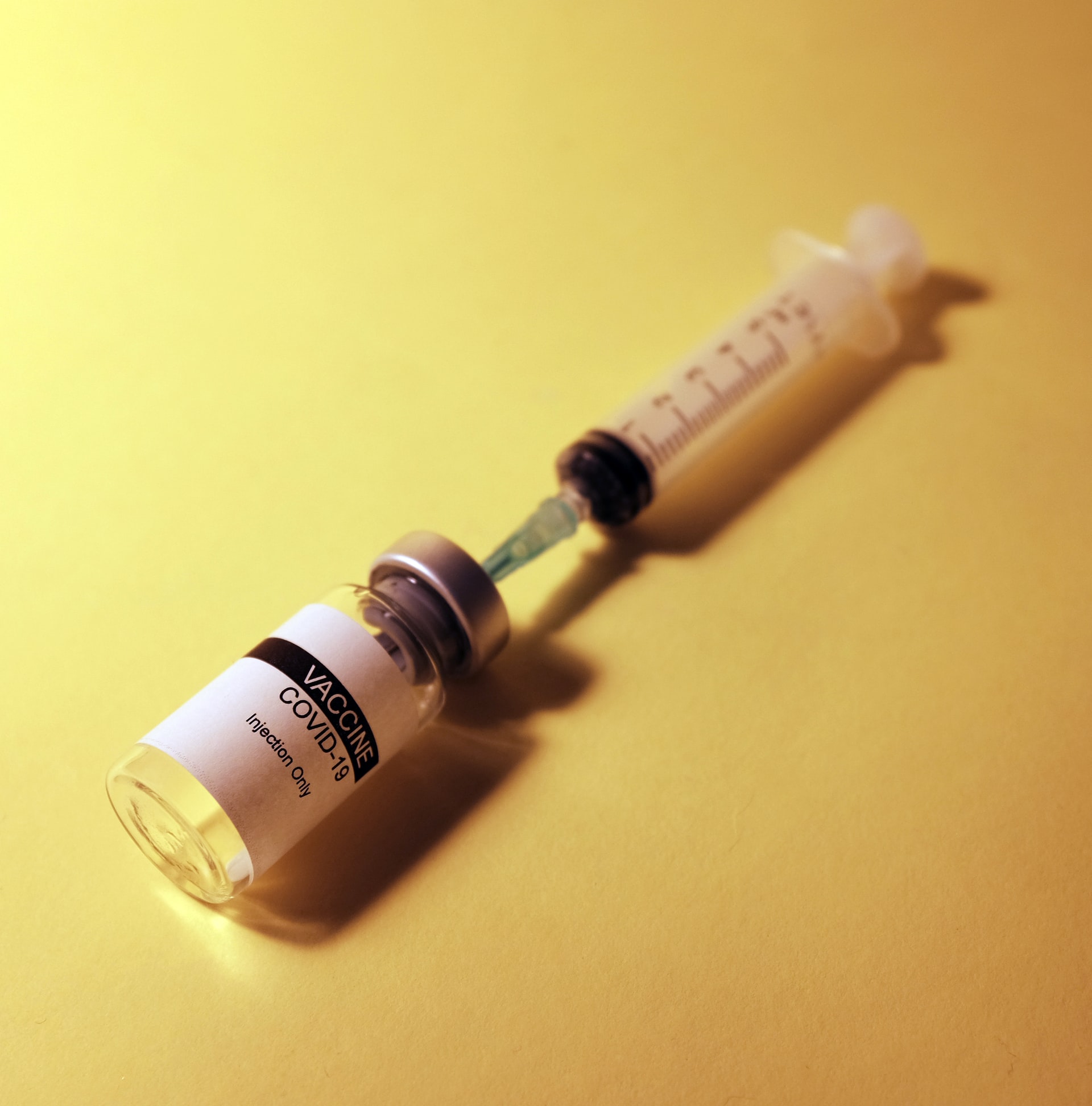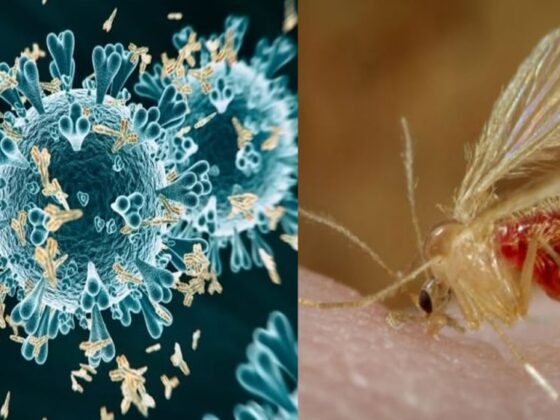A new malaria vaccine, co-developed by the Serum Institute of India (SII) and the University of Oxford, was officially launched on Monday. Cote d’Ivoire, a country in West Africa, is the first to start using the R21/Matrix-M vaccine. This vaccine, which got approval from the World Health Organisation (WHO) last year, has passed strict regulatory checks and clinical tests, proving to be both highly effective and affordable. It’s a low-dose vaccine, meaning it can be made quickly and in large quantities, which is crucial for controlling the spread of malaria.
SII CEO Adar Poonawalla said, “Reducing the malaria burden is finally within sight. Today’s start of the R21/Matrix-M vaccine roll-out marks a monumental milestone after years of incredible work with our partners at Oxford and Novavax.”
Poonawalla also emphasized the importance of affordable disease prevention, stating, “At Serum, we believe that it is every person’s right to have access to affordable and essential disease prevention. That’s why we have committed to producing 100 million doses of R21, which will protect millions of lives and alleviate the burden of this deadly disease for future generations.”
To prepare for the vaccine rollout, SII has already made 25 million doses and plans to increase production to 100 million doses each year. The company, based in Pune, India, is selling the vaccine for less than $4 per dose, keeping it accessible and affordable.
Professor Adrian Hill, Director of the Jenner Institute at Oxford University, commented on the significance of this rollout, saying, “The roll-out of the R21/Matrix-M malaria vaccine marks the start of a new era in malaria control interventions with the high efficacy vaccine now accessible at a modest price and very large scale to many countries in greatest need. We hope that this vaccine very soon can be provided to all African countries who wish to use it.”
The R21/Matrix-M vaccine was developed using technology from Novavax. In December 2023, WHO gave it prequalification status after trials showed it was safe and well-tolerated, with injection site pain and fever being the most common side effects.
Even though the number of deaths from malaria in Cote d’Ivoire dropped from 3,222 in 2017 to 1,316 in 2020, the disease still kills four people a day, mostly young children, and remains the leading cause of medical visits, according to the country’s Ministry of Health.
Cote d’Ivoire has received 656,600 doses of the vaccine, which will initially be given to 250,000 children aged between 0 and 23 months across 16 regions of the country. The vaccine has also been approved for use in Ghana, Nigeria, Burkina Faso, and the Central African Republic.
R21 is the second malaria vaccine available in Sub-Saharan Africa, following RTS,S. The widespread use of these vaccines, along with other prevention methods like bed nets, is expected to save tens of thousands of young lives each year. In total, 15 African countries plan to introduce malaria vaccines with support from Gavi in 2024, aiming to vaccinate around 6.6 million children in 2024 and 2025.
Dr. Sania Nishtar, Chief Executive Officer of Gavi, the Vaccine Alliance, expressed optimism about the impact of the vaccine, saying, “Africa has borne the brunt of malaria for far too long, and Cote d’Ivoire has suffered more than most. With two safe and effective vaccines now available alongside other interventions, we can finally turn the tide against this killer disease.”
John Jacobs, President and Chief Executive Officer of Novavax, added, “The introduction of the R21/Matrix-M malaria vaccine in Cote d’Ivoire marks a breakthrough in the fight to protect vulnerable children against a leading cause of death across the region while reinforcing our mission to create innovative vaccines that improve public health.”
With the rollout of the R21/Matrix-M vaccine, there is hope for a significant reduction in malaria cases and deaths in Africa, marking a major step forward in the fight against this deadly disease.










